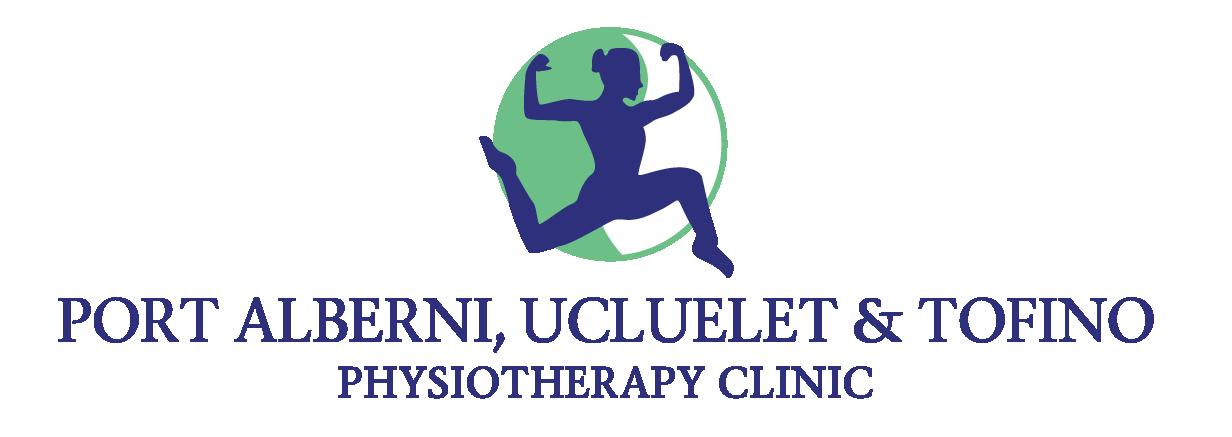Goal setting is an important part of working with any healthcare practitioner. From your initial appointment to discharge, goals are established to guide treatment and track progress.
When booking an appointment with a physiotherapist, strength and conditioning coach, massage therapist, or acupuncturist, it’s wise to think about what you want to get out of the appointment for a positive experience and to achieve best outcomes.
Goal setting can be challenging and intimidating when asked on the spot during an appointment. To prepare yourself, here are some questions you may want to think of beforehand:
What is my injury restricting me from doing?
If I felt 100%, what type of activities would I like to do?
Can improvements be made in my performance of my chosen sport?
What steps do I need to take from where I am now to where I want to be?
What things may prevent me from achieving my goals (ex. Work schedule, child care)?
We often think of goals on a timeline, both short term and long term. We can break down goal setting into two forms, progressive goals which are the small short-term steps to completing your long-term or outcome goals. Progressive goals help to keep your motivation and treatment on track. They are small more tangible achievements that ensure you are progressing towards your ultimate outcome.
In a healthcare setting, progressive goals may look like completing your exercises three times a week, when the outcome goal is to run 5km without knee pain. Here is another example of appropriate goal setting. The progressive goal may be achieving full knee extension after an ACL surgery, when the outcome goal is to return to varsity volleyball. The fun really starts when your progressive goals start to improve your function, performance, and quality of life, ultimately leading to the success of your outcome goal.
Goal setting is important to ensure motivation during your recovery and rehabilitation. Big goals don’t happen overnight. It’s the small achievements and commitment overtime. We are all guilty for expecting instant gratification, but when it comes to the human body and rehab there is no substitute for time. Unfortunately, healing just takes time, and your commitment to the cause and resilience through small setbacks is important.
If you haven’t already, at your next healthcare appointment set goals with your practitioner. Rehab can feel like a full time job, so make sure you have a clear vision both you and your provider believe in. When you’ve answered the “WHY” behind the reason for your rehab, it’s much easier to stay on course.

